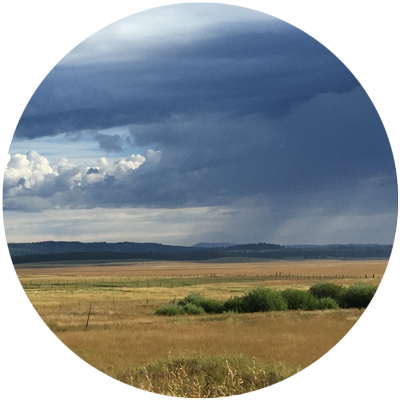Home > Climate News >
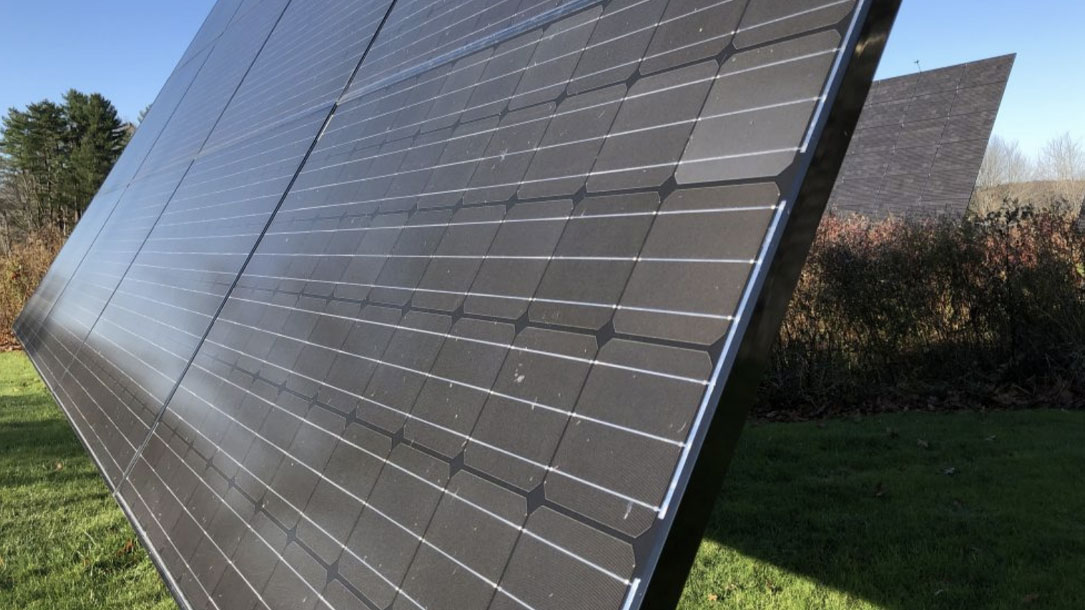
Climate change and community impact
Climate communication 101 involves meeting people where they are, connecting with that they see, and finding ways for people to participate in the climate solution in a manner that also adds value to their lives.
Maine Audubon has done just that with its Climate Spotlight series. Audubon’s research has documented that if left unchecked climate change will cause the loss of millions of birds. They’re playing a leadership role and helping to frame the issue:
“Climate change is the biggest environmental issue facing Maine, and we’re not backing down. Maine Audubon’s new Climate Spotlight series is aimed at giving consumers and advocates the information they need to take action and understand how climate change impacts Maine. Topics in this free online discussion series include: getting involved in rooftop and community solar; natural climate solutions; transportation; and home energy efficiency.”
Check it out, and see if this is something you could create in your community.

Making the change: breaking our fossil fuel habit
An iceburg melts in the Arctic; saltwater seeps into the Florida Everglades, the sun bakes a lakebed in Bolivia, trees die in the mountains of Germany, and bush fires sweep across southwest Australia. Although thousands of miles apart, these events are connected: they have all been intensified by climate change primarily caused by our burning of fossil fuels. Since ancient times, humans have burned wood, peat, and oil for heating, cooking, and light. In the U.S., as elsewhere, coal powered the industrial age until the discovery of vast amounts of underground petroleum in the mid-19th century. American industrial might was built on energy derived from fossil fuels—the decomposed remains of plants and animals found in the Earth’s crust. These fuels contain carbon and hydrogen, and it is carbon that is the problem.

House passes major conservation bill, sending it to Trump’s desk
“The House on Wednesday approved a major public lands conservation bill, sending it to the White House, where President Trump is expected to sign it into law.
The measure passed in a 310-107 vote.
The bill, known as the Great American Outdoors Act, would provide $900 million in federal oil and gas revenues for the Land and Water Conservation Fund (LWCF), which helps secure land for trails and parks…”

Cornell University divesting from fossil fuels to focus on alternative energy, renewables
The investments for this category are expected to decrease to zero over the next five to seven years as the investments mature, according to Bob Howarth, a Cornell professor of ecology and environmental biology who helped lead the divestment efforts and now heads the University Assembly.
Instead of investing in fossil fuels, the university will grow its $6.9 billion endowment portfolio by investing in alternative energy and renewables…
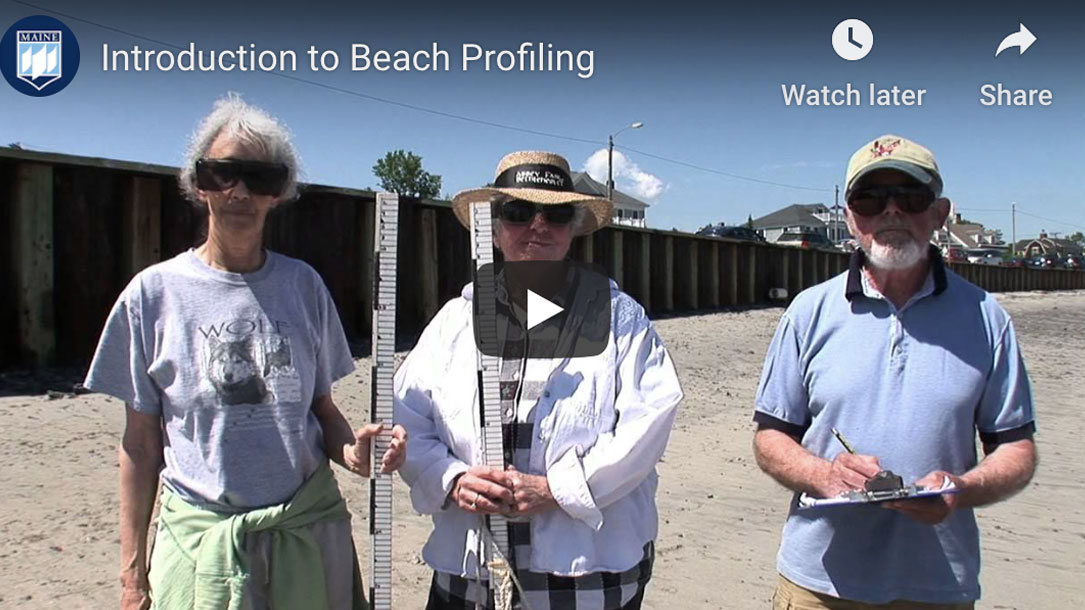
Volunteers mapping the state of Maine’s beaches since 1999
Beach profiling is a simple surveying technique used to measure changes in the contour of the monitored beach. The Southern Maine Volunteer Beach Profile Monitoring Program is a unique collaboration among local volunteers, participating municipalities, and scientists, resulting in over 20 years of critical data on the status of one of Maine’s most vital and valuable natural resources…
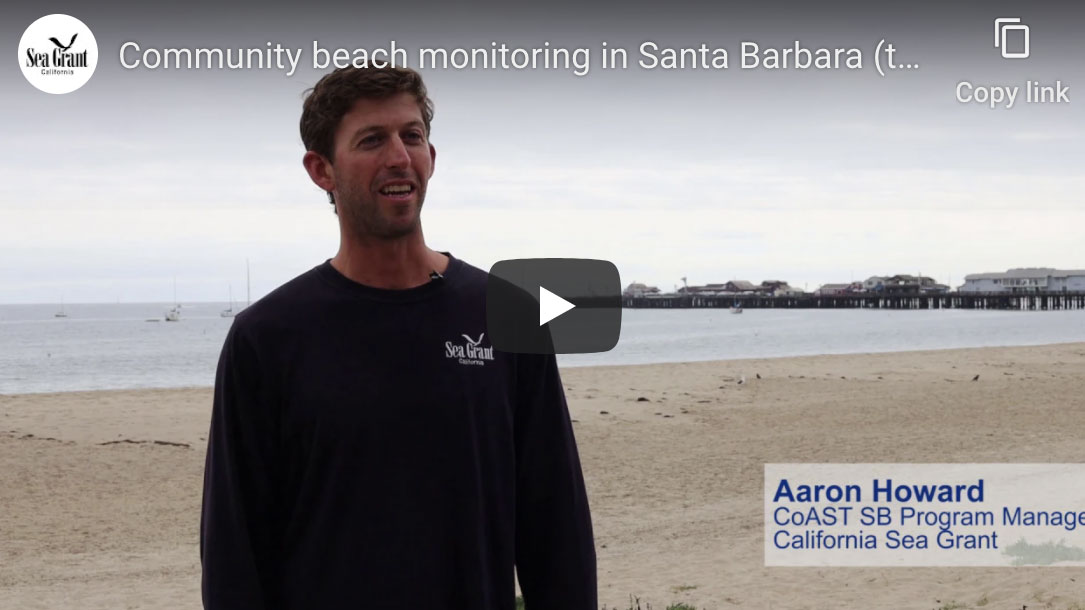
Community alliance for surveying the topography of sandy beaches
Join us on the beach!
Community Alliance for Surveying the Topography of Sandy Beaches (CoAST SB) volunteers monitor the movement of our shoreline in Santa Barbara and Ventura counties. We measure the contour of sandy beaches (known as beach profiles) using a quick and simple survey technique that takes approximately one hour, once per month. No experience is necessary…
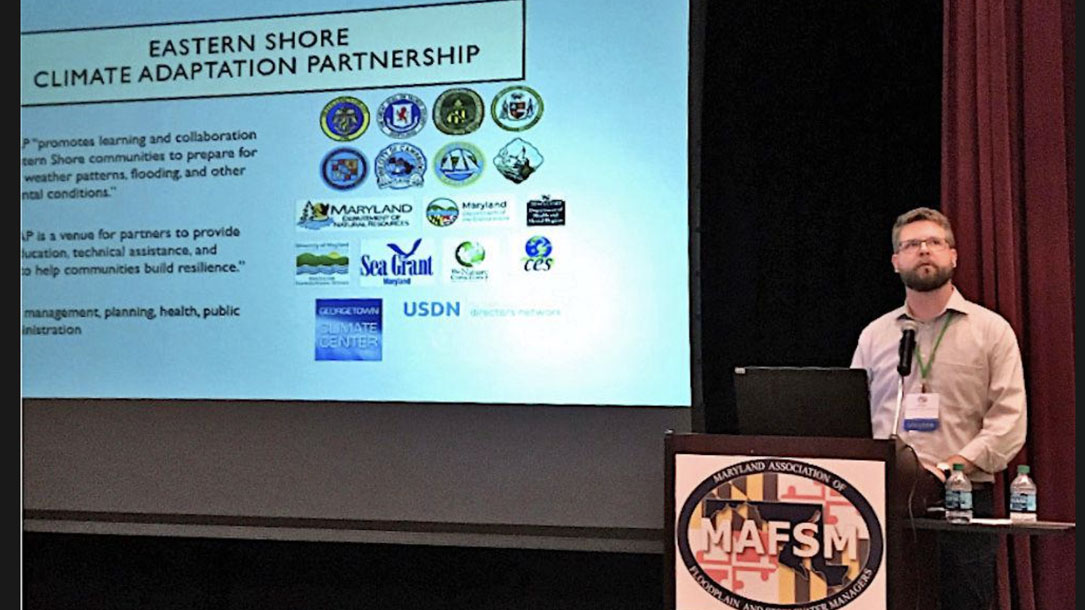
Grant for climate resilience outreach, education
Eastern Shore Land Conservancy: This project, entitled “Rise and Thrive: Building Understanding and Support for Climate Action on Maryland’s Eastern Shore,” is the second grant awarded to ESLC’s coastal resilience program by the Rauch Foundation in as many years.
The purpose of this project is to directly engage public and private audiences in order to build regional public support for climate adaptation solutions. The Eastern Shore of Maryland is the country’s third most vulnerable region to sea level rise, behind south Florida and Louisiana. Because of the threats of increased flooding, the loss of properties, and widespread ecological impacts, ESLC is working with communities to take action on these threats today…
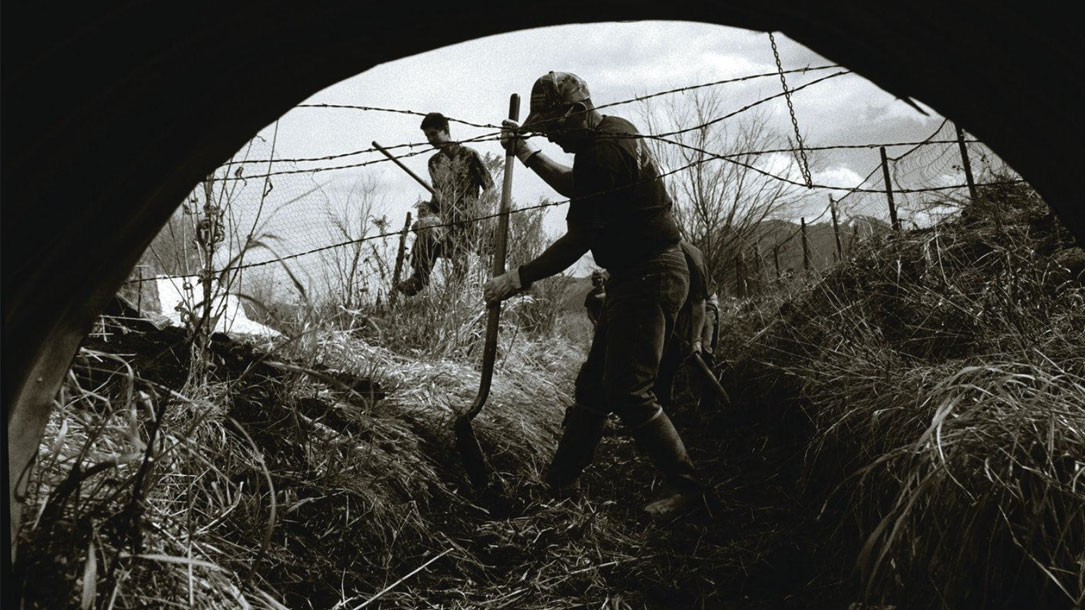
Opinion: Climate change is a local issue
“It seems clear that many residents of Taos understand and are experiencing signs of different climate evolving here and wish our government to acknowledge that we need to alter our planning for this future. Fortunately for Taos, we have had in place for many years a mechanism for landowners to preserve this kind of land—Taos Land Trust.
But the town and county need to acknowledge and put into place official protections for arable land. And, of course, aside from forever destroying arable, acequia-watered land, an entity like Family Dollar only chips away at the unique beauty of the authentic New Mexican village like El Prado…”
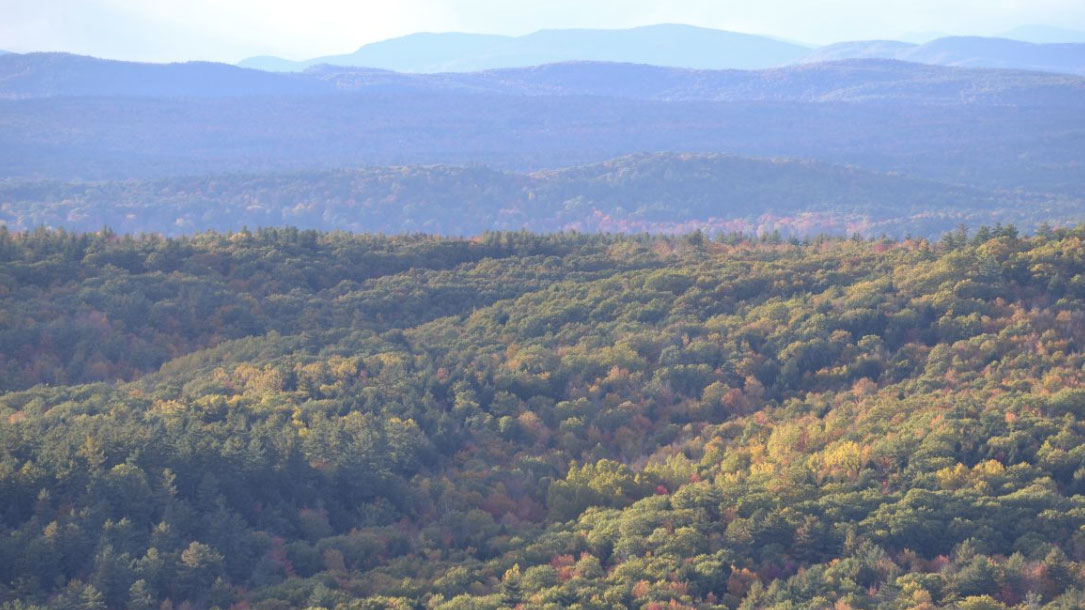
Sustainability and climate change initiatives
In their most recent climate initiative, the Kennebec Land Trust Finance Committee worked with Kennebec Savings Bank Investment and Trust Services to move their investments into a Socially Responsible Investment (SRI) portfolio that is aligned with their mission. SRI considers environmental, social, and corporate governance criteria to generate long-term competitive financial returns and positive societal impact.
As managers of forestland, they use and promote forest management practices that maximize carbon sequestration, including: protecting soil carbon, where about 50% of the carbon inventory is typically stored on a forested acre; promoting native species and increasing plant diversity to improve forest resiliency and carbon storage; harvesting sustainably; and taking a long-term view by growing high-value and larger diameter trees. On the ground, their forestry days at the Curtis Homestead are teaching the next generations…
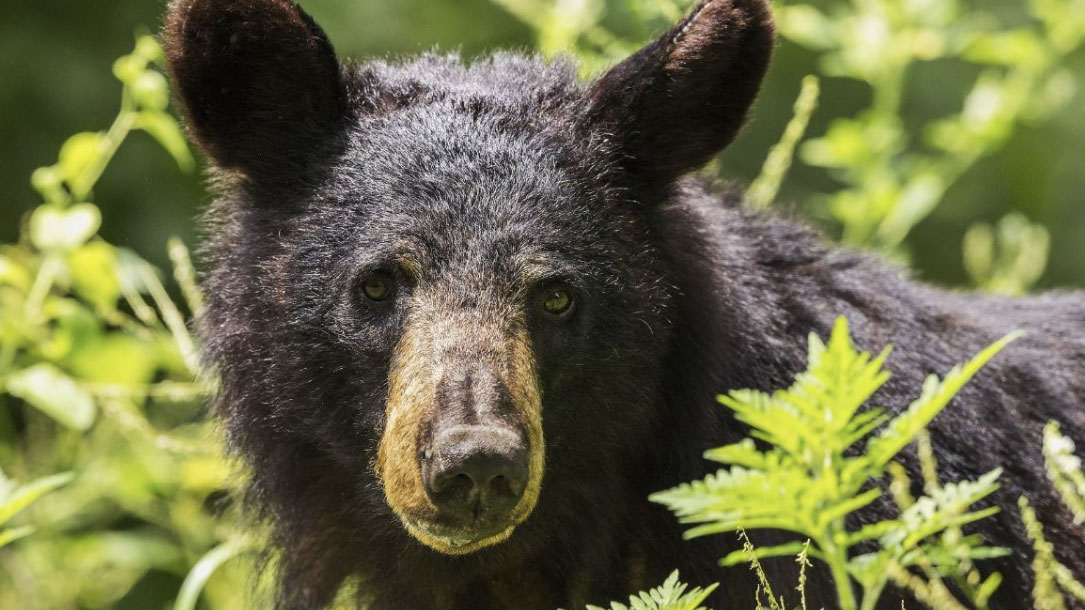
Wildlife collapse from climate change is predicted to hit suddenly and sooner
“It’s not that it happens in some places,” said Cory Merow, an ecologist at the University of Connecticut and one of the study’s authors. “No matter how you slice the analysis, it always seems to happen.”
If greenhouse gas emissions remain on current trajectories, the research showed that abrupt collapses in tropical oceans could begin in the next decade [emphasis added]. Coral bleaching events over the last several years suggest that these losses have already started, the scientists said. Collapse in tropical forests, home to some of the most diverse ecosystems on Earth, could follow by the 2040s…



